U.S. Average Fuel Economy Increases In January
According to the University of Michigan Transportation Research Institute, the fleetwide fuel economy in the United States increased for the second consecutive month to 24.9 mpg during the month of January 2014.
Though the average peaked at 25 mpg late last year, the current figure is up 1.2 percent over the 24.6 mpg average gained at the same time last year, while already ahead of the overall 2013 average of 24.7 mpg. The gain is in spite of falling green-car sales in the same month, where 14 percent less hybrids and EVs left the showroom floor than had done so in 2013.
The cause? The Toyota Prius, whose four variants on the same theme lost 23 percent of what was sold at the same time last year to more three- and four-pot models such as the Ford Fiesta and Chevrolet Spark, whose application of fuel economy technology differs greatly from EV and hybrid offerings while also capable of pulling customers away from the truck lots.
More by TTAC Staff



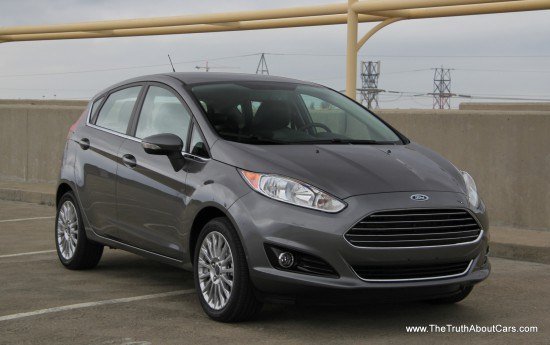















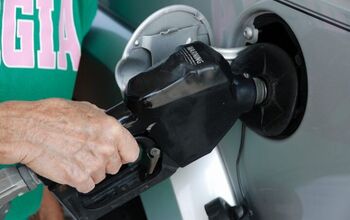
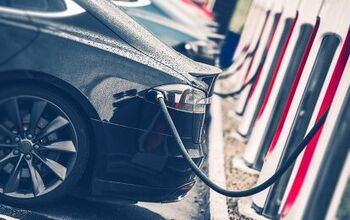
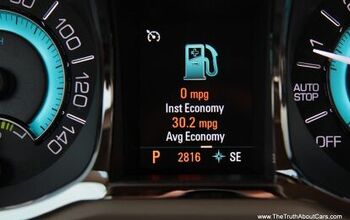
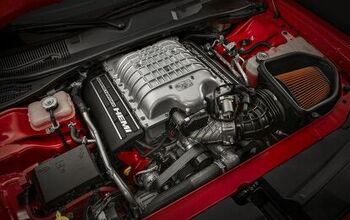
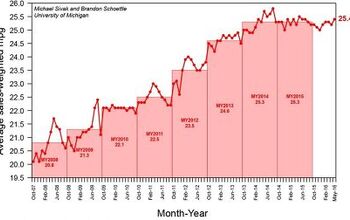


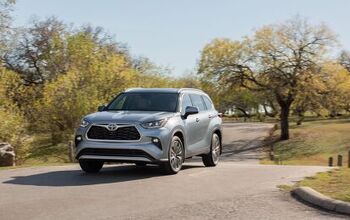





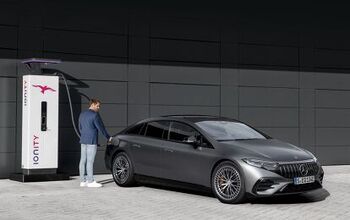

Comments
Join the conversation
For the average driver or the enthusiast that doesn't place a premium on acceleration gobs of horsepower really isn't a big deal but its great for selling cars since its a metric easily compared and conjures the image of progress.
I think the math is wrong. since mpg is an inverse value (it should fuel per distance) averaging is wrong. they should take the inverse, average it, and inverse again to get overall mileage. (any nerds here can look up how to calculate thermal ressitance with R and U-values of assemblies.. similar problem) Try it out, a 25 mpg and 35 mpg car yield 30 mpg on average, right? No wrong. 1/((1/25+1/35)/2)) = 29.166. This becomes more obvious if you use a 10 mpg and a 50 mpg car. Instead of 30 mpg, you get 16.6666 if this is not a significant error, I don't know what is. No wonder these guys still are at the university and write all the studies no one needs, all the good students got jobs.
Probably has to do with the slight MPG increases in half ton trucks. When the most numerous and least efficient vehicles in the total fleet go from 16 to 18 mpg that saves a lot more fuel than the smaller numbers of vehicles that went from say 32 to 34 mpg.
My heart is V8 and my head is NA 4. Fortunately I am in a position now where I can have one of each. I drove malaise cars in the 80s and 90s and can attest that any modern car like a Focus or Civic is a super efficient rocket ship compared to them. Driving bad cars (i.e. 81 Mercury Cougar) really makes you appreciate any average modern car. It's good to be alive!